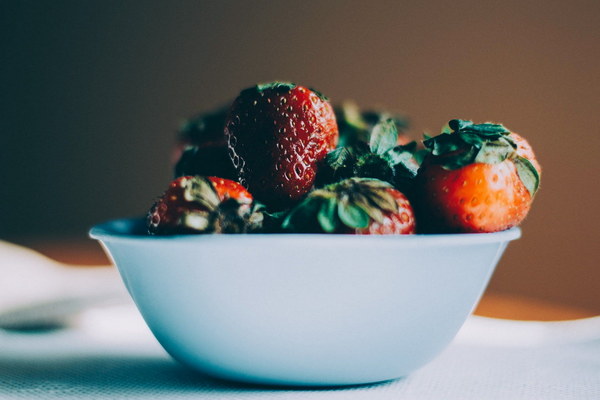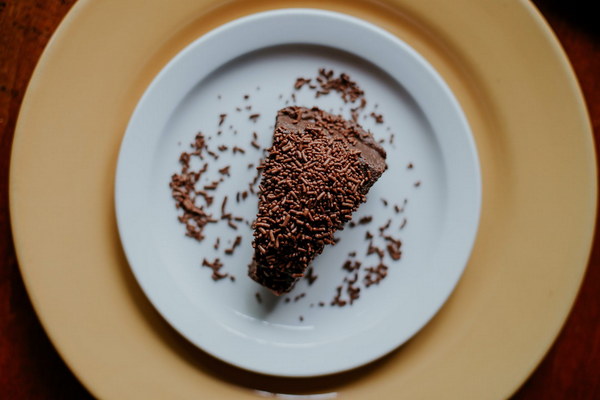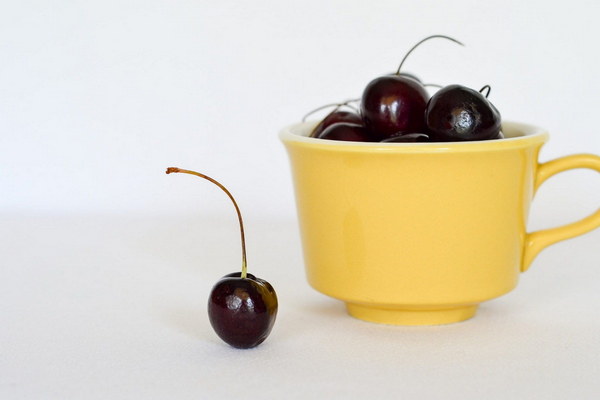Unleashing the Power of Herbs A Comprehensive Guide to Dampness-Relieving Ingredients
Dampness, a common health issue in traditional Chinese medicine, refers to the accumulation of dampness in the body, which can lead to various health problems such as fatigue, weight gain, and poor digestion. To combat this issue, many people turn to natural remedies, including herbal medicine. This article will explore the key herbs commonly used in dampness-relieving formulas and their benefits.
1. Astragalus (Huang Qi)
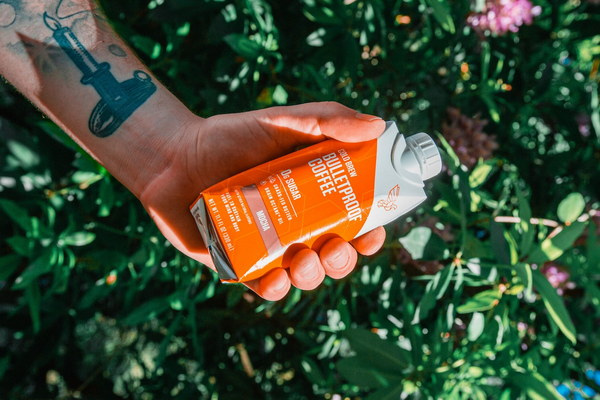
Astragalus, known as Huang Qi in Chinese medicine, is a popular herb for strengthening the immune system and removing dampness. It helps improve energy levels, boost the immune system, and enhance overall health. Astragalus can be taken in various forms, such as raw, cooked, or as a tea.
2. Poria (Fu Ling)
Poria, or Fu Ling in Chinese, is a key herb used for removing dampness and promoting urination. It is often combined with other herbs to treat dampness-related conditions, such as edema and water retention. Poria has a sweet and mild taste and can be used in both cooked dishes and herbal teas.
3. Atractylodes (Cang Zhu)
Atractylodes, or Cang Zhu in Chinese, is another essential herb for dampness-relieving formulas. It has a warm nature, making it ideal for expelling cold and dampness from the body. Atractylodes is commonly used to treat conditions like arthritis, colds, and flu, as well as dampness-related issues such as fatigue and weight gain.
4. Alisma (Ze Xie)
Alisma, or Ze Xie in Chinese, is a potent herb for removing dampness and promoting diuresis. It is often used in combination with other herbs to treat edema, water retention, and urinary issues. Alisma has a sweet and cold taste, which helps to clear heat and dampness from the body.
5. Hoelen (Ling Zhi)
Hoelen, or Ling Zhi in Chinese, is a famous medicinal mushroom known for its dampness-relieving properties. It helps boost the immune system, improve energy levels, and enhance overall health. Hoelen can be taken as a tea, cooked, or in capsules.
6. Ginger (Sheng Jiang)
Ginger, or Sheng Jiang in Chinese, is a versatile herb that can be used to remove dampness and improve digestion. It is commonly used in cooking and can be taken as a tea or added to soups and stews. Ginger has a warm nature, which helps to expel cold and dampness from the body, and it can also help alleviate nausea and vomiting.
7. Coix Seed (Yi Yi Ren)
Coix Seed, or Yi Yi Ren in Chinese, is a popular herb for removing dampness and promoting weight loss. It is often used in combination with other herbs to treat dampness-related conditions, such as edema and fatigue. Coix Seed has a sweet and slightly bitter taste and can be taken in various forms, including raw, cooked, or as a tea.
In conclusion, dampness-relieving herbs can be a valuable addition to your health routine. By incorporating these natural remedies into your daily life, you can help combat dampness and improve your overall well-being. However, it is essential to consult with a healthcare professional before starting any new herbal treatment, as some herbs may interact with certain medications or have side effects.

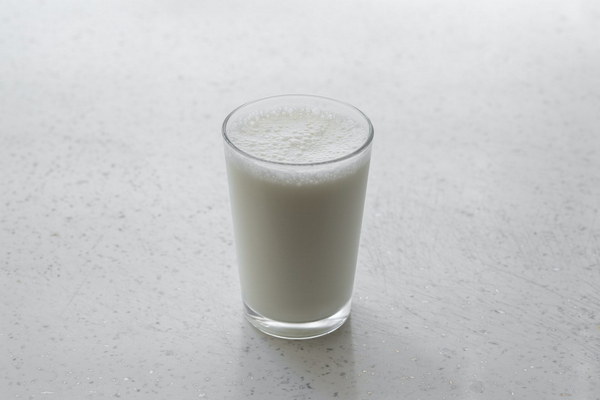



![Revolutionize Your Beauty Routine with the Cutting-Edge Technology of [Brand Name] Beauty Devices](http://img.bluepurple.cn/a/养生/213/Revolutionize-Your-Beauty-Routine-with-the-CuttingEdge-Technology-of-Brand-Name-Beauty-Devices.jpg)
